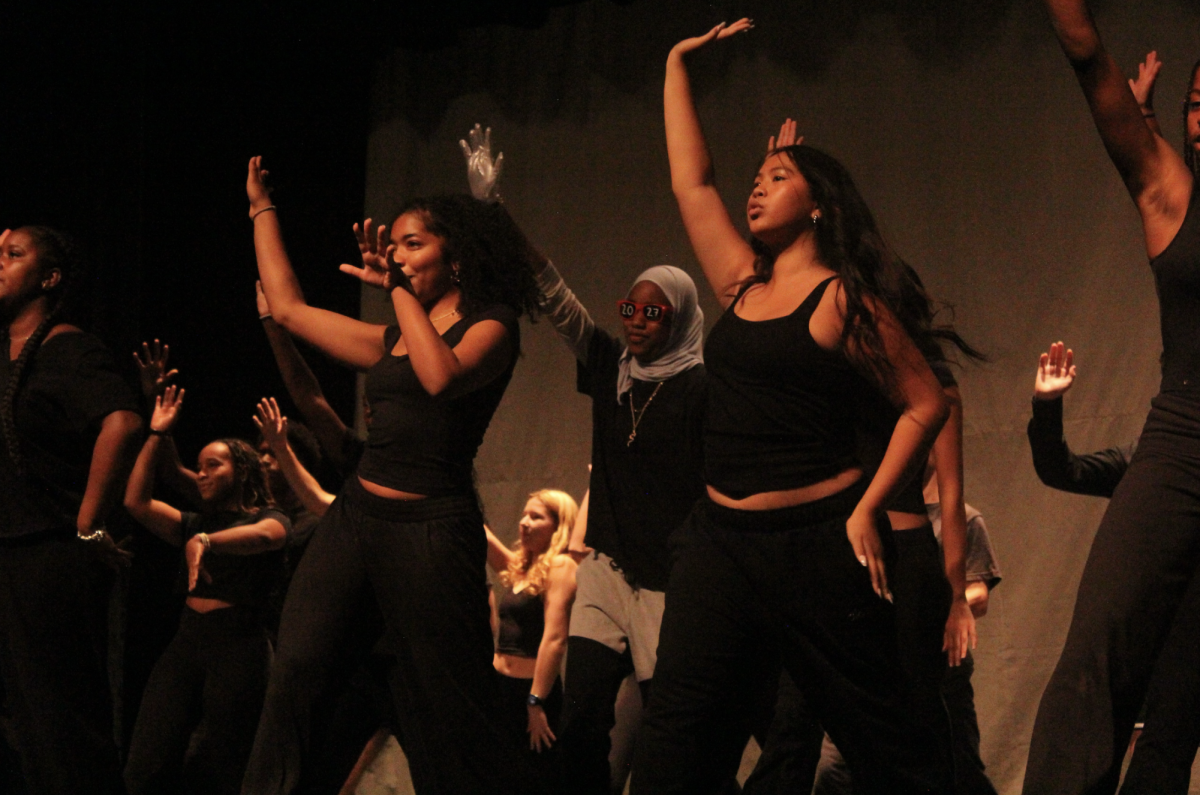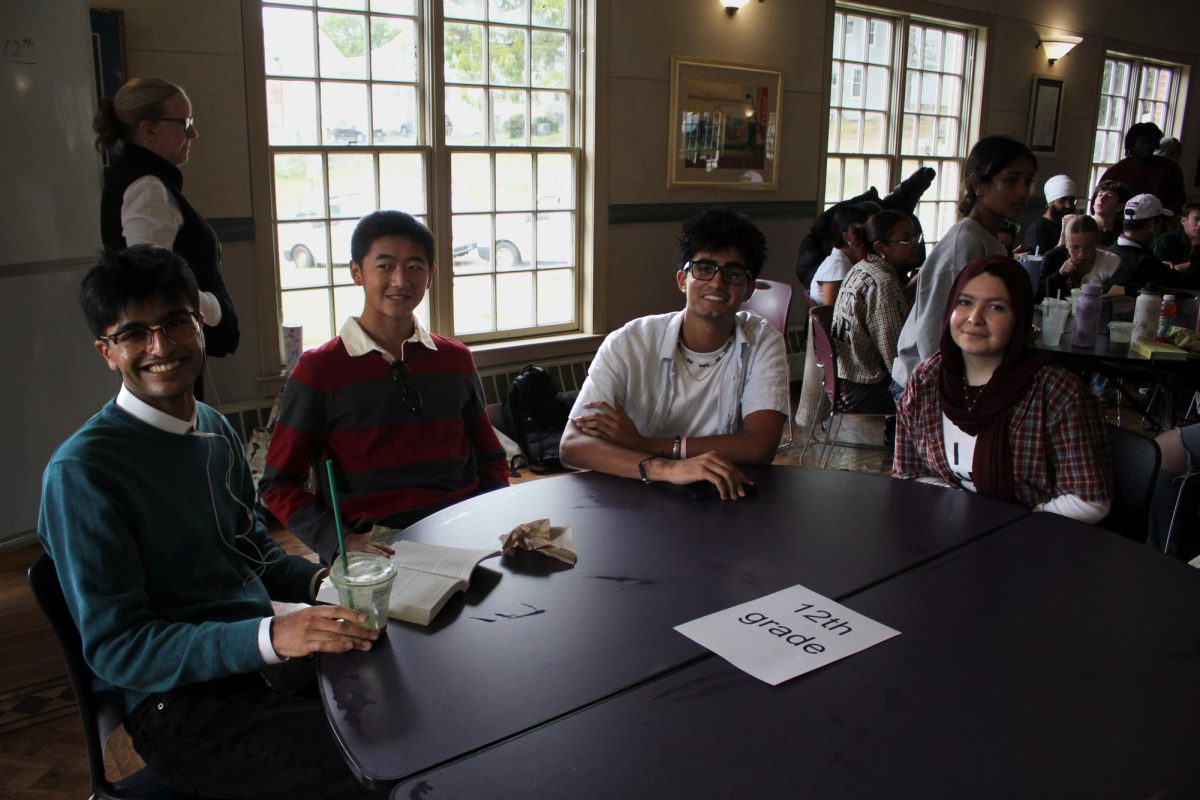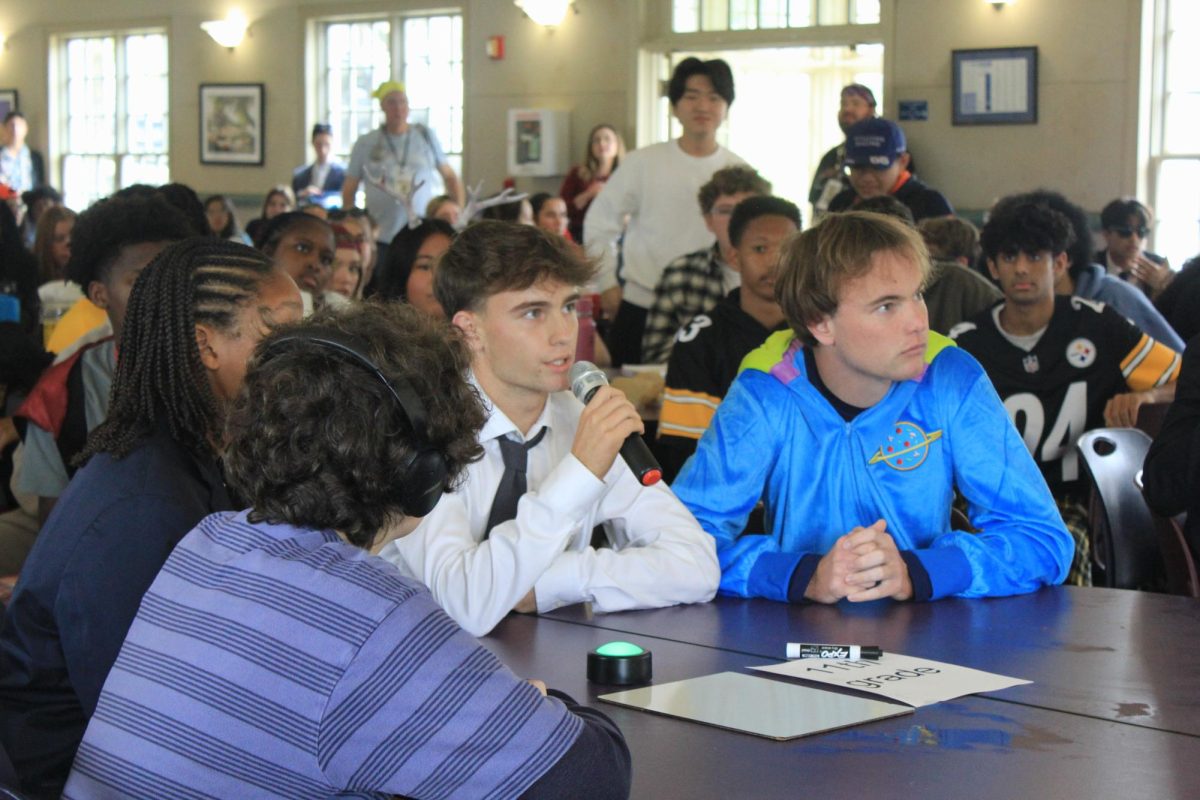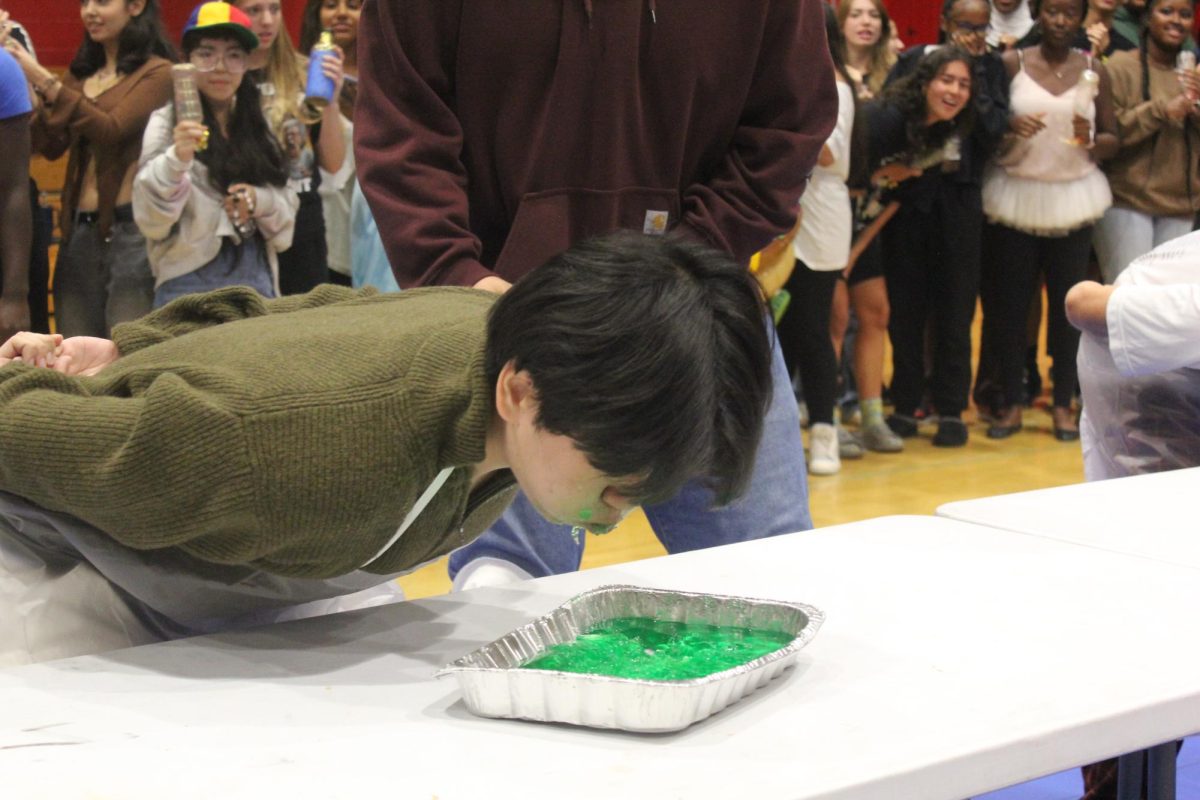
For many years, Upper Schoolers have had to fulfill minor course requirements, but in recent weeks, students have begun debating whether or not the rules are beneficial. The requirements state that each student must take at least two art minors and one tech minor by the time they graduate. These minors need to be taken for at least one semester.
The topic was first brought up to the Upper School by a student during the Meeting for Worship for Business (MFWFB) that took place on February 9, 2022. Since then, an ongoing discussion about the requirements has taken place among students. Additionally, a conversation about the requirements was facilitated during the Agenda Meeting on February 11 after it was brought up as new business that week.
Roma Jha ’22, one of the Upper School Agenda Clerks who facilitated the Agenda discussion, said that she thinks the students “really want minors to be classes that they take to explore their interests.” She also explained that some of the students feel as though the requirements can be limiting for them when trying to pursue their interests, and said that “[students] feel like the two art and one tech requirement limits their ability [to commit to] year-long minors.”
While many are unhappy, some students are content with the requirements. Students like Ava Ellis ’25 believe that they are a good way to allow students to branch out and have more experience in certain areas that they might not pursue otherwise. “There [are] only three [requirements], and there [are] many opportunities in the Upper School to pick choices that you’re really interested in… it’s good to expand your horizons,” said Ellis.
Bella Didie ’24 said that the requirements should be altered, but she also recognizes that they are necessary. “I think that [the requirements] could be changed… [but] some of them are necessary for completing high school.” Didie suggested that to make it easier for students to fill the requirements, there should be classes that fulfill both at one time. “The art and tech requirements [should be put] into one class so that someone could get them both done at the same time,” she said.
Other students have voiced their concerns about the number of requirements that need to be fulfilled to graduate. “I think having three requirements is a little bit excessive…that takes up time that kids could be doing stuff that they actually enjoy more,” Maya DeAndrea ’25 commented.
Caitlin Bailey ’25 has mixed feelings about the minor requirements as well: “I think it’s reasonable because they want us to do different things, but I feel like in a way it kind of restricts us because we have to like to do a certain amount… say you don’t want to do a tech, [but] you have to do a tech…if you don’t want to do it then you’re not going to enjoy it.
Some students, like Heera Dalal ’23, disagree with the requirements entirely. Dalal feels as though the requirements can prevent students from committing to specific interests and activities that they truly enjoy: “I think they’re bad because they limit what you can take and be interested in… there are so many minors that aren’t a tech or art that you might be interested in pursuing all throughout high school. You shouldn’t be forced to take a minor just to fill some requirements. I don’t really think they serve a good purpose.”
It can also be hard for students to find time to fulfill the requirements, especially if they’ve already committed to year-long courses. Dalal, who has been involved in Model UN and String Ensemble (both year-long courses) since 9th grade, says that he might not be able to find time to complete the tech requirement in the next year. He explained, “Next year I’m not going to have an opportunity to fill my tech requirement if I want to be a Peer Leader… that’s part of the reason I want to get rid of the requirements.”
Jha, who was in the Upper School for the past four years, says that the minor requirements debate isn’t new among students: “Overall, it seems like students would like to have as little requirements as possible which is a conversation that’s happened before.” She explained that it’s hard to facilitate this discussion as an Agenda Clerk because it “might not necessarily be possible, to just get rid of the requirements.”
While many students hope that the requirements may be altered or removed, Jha says that “unfortunately, that’s not something we can guarantee [will happen].” Upper School Director Noah Rachlin said that “any decisions about minors is a part of a much larger process…[we] look forward to hearing more about [student] perspectives…[but] that conversation is just starting.” As of now, the minor requirements are staying in place, and there is no indication of a change to the rules any time soon.










